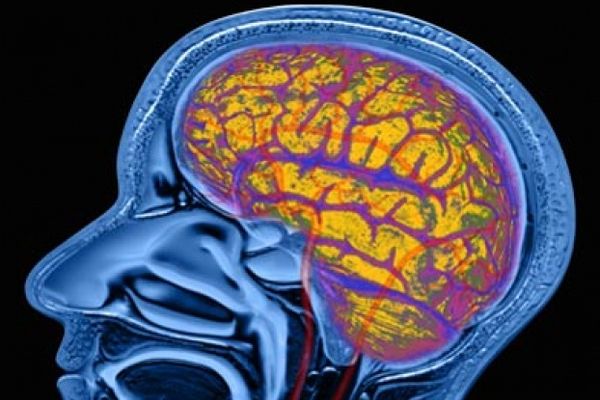Key Takeaways
- Humans display altruistic behaviors.
- Altruism involves selfless acts for the benefit of others.
- Evolutionary theories and neuroscience shed light on the origins and mechanisms of altruism.
Why would we act to help others, even to our own detriment? That concept -- altruism -- has become a long-standing mystery for philosophers and scientists alike. Under evolutionary theory, it makes little sense. If we're driven to ensure our genetic survival through reproduction, then any altruistic instinct should emerge only after we've successfully reproduced. Even then, it should only be displayed toward offspring and other blood relatives who share the same genetic line. Yet, strangers help one another out of danger. Altruism flies in the face of economic theory of rational maximization, which says that when it comes to money and resources, humans should act selfishly, taking as much as they can for themselves and leaving only as much for others as they must. Yet, the presence of charities and studies of charitable giving show that humans don't always -- or even routinely -- act selfishly.
Various fields have issued a number of explanations for altruism, perhaps none more basic than the one put forth by the field of neuroscience: The reward centers in the brain are activated when we carry out an altruistic act [source: Hinterthuer]. In other words, we derive pleasure from helping others.
Advertisement
This answers the age-old question of whether there is such a thing as an unselfish act; the answer is no, since we gain pleasure in return for altruism. It also uncovers a larger question: Why would our brains respond to altruistic behavior the same way it rewards us for carrying out survival behaviors, like eating or procreation? Altruism can put us in danger, like when a person pushes another from in front of a bus or comes to the aid of someone under attack. So, why are we altruistic?
Advertisement

